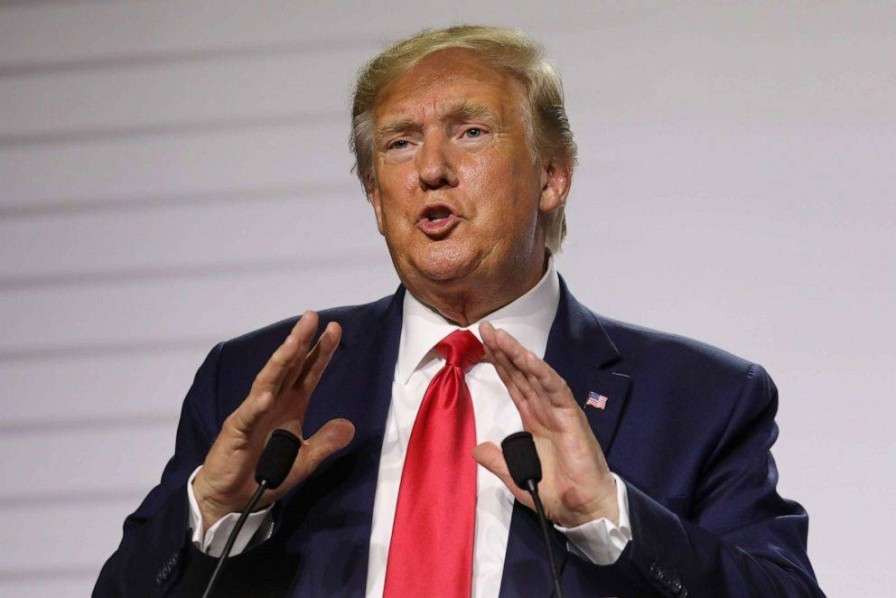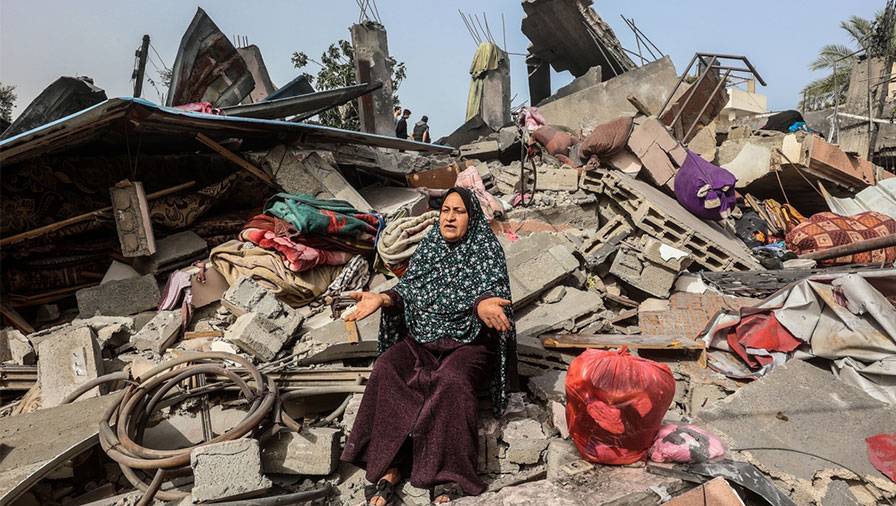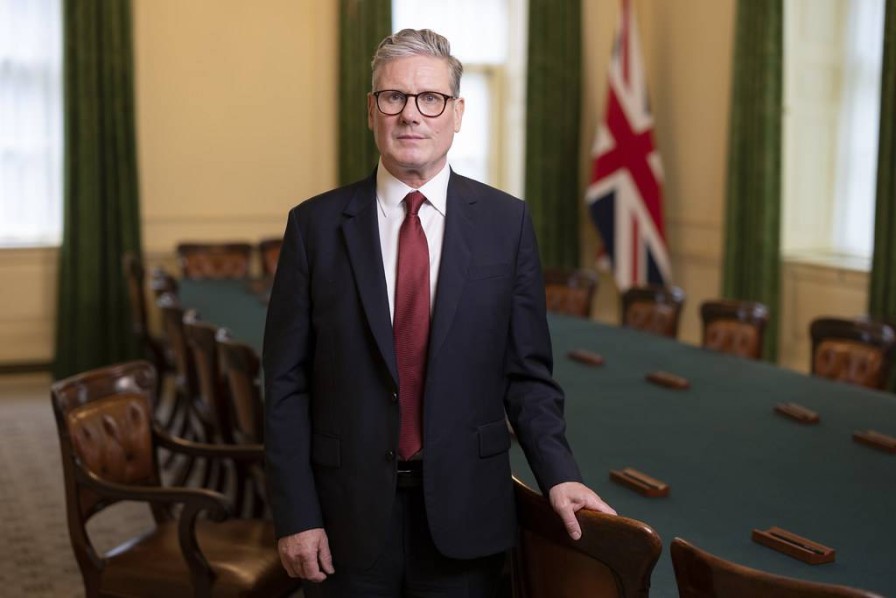US strikes tariff deal with Vietnam; Diddy trial verdict
And Microsoft is laying off 4% of its staff.
And Microsoft is laying off 4% of its staff.
Happy Thursday, and welcome to your wrap-up of the key business and political headlines from around the world.
First up, the United States has struck a trade deal with Vietnam that includes a 20% tariff on the country’s imports to the US, CNBC reported.
President Donald Trump announced the deal on social media, stating it would give the US unrestricted access to Vietnamese markets.
As part of the agreement, there would be a 40% tariff on goods originating in other countries that were sent to Vietnam for final shipment to the US.
The deal was finalised just a week before Trump’s 90-day pause on so-called “reciprocal tariffs” was set to expire. Vietnam was initially hit with a 46% tariff following Trump’s “Liberation Day” announcement, which was later reduced to 10% during the pause. While the new 20% rate is lower, it still represents a hike and will likely result in higher costs for US importers.
Markets responded positively to the news. The S&P 500 hit a new record high, the tech-heavy Nasdaq also rose, while the Dow Jones Industrial Average remained flat.

Donald Trump.
To the Middle East, where Trump said Israel had agreed to the “necessary conditions” to finalise a 60-day ceasefire in Gaza, according to the BBC.
Trump, in a social media post, said the US would work with all parties to end the conflict. “I hope ... that Hamas takes this Deal, because it will not get better — IT WILL ONLY GET WORSE," he wrote.
No official details of the proposed truce have been released, and Israel has not confirmed any agreement. A key element of any deal is expected to involve the release of most, if not all, of the remaining hostages still being held in Gaza.
Militant group Hamas said it was reviewing the proposal but reiterated its demand for a deal that ends the war and secures the withdrawal of Israeli forces from the Palestinian enclave, Al Jazeera reported.
It also noted that at least 11 Palestinians were reportedly killed by Israeli forces while waiting for aid.

Destroyed homes in Gaza.
Meanwhile, in the US, a jury's decision in the high-profile trial of Sean “Diddy” Combs is leading major news outlets.
The music executive, fashion entrepreneur, and reality television star was convicted of two prostitution-related offences but acquitted of more serious charges, including sex trafficking and racketeering, which could have resulted in a life sentence, Associated Press reported.
Upon hearing the verdict, Combs reportedly held his hands in a prayer gesture toward the jury and hugged his lawyer, later giving a subtle fist pump.
The prostitution charges carry a maximum sentence of 10 years. A court will now consider his bail request, which prosecutors oppose.
In the United Kingdom, government bonds and the pound fell sharply after Prime Minister Sir Keir Starmer declined to back a tearful Chancellor Rachel Reeves in the House of Commons, the Financial Times reported.
The fallout followed Labour’s decision to shelve a planned £5 billion (NZ$11.2b) cut to disability benefits. In a tense exchange with Conservative leader Kemi Badenoch, Starmer refused to confirm Reeves would remain in her role.
Gilts tumbled during the session, with 10-year yields rising 16 basis points to 4.61% — the largest one-day increase since the global bond market rout in April. The pound also fell nearly 0.9% against the US dollar and 0.7% against the euro.
Reeves has vowed to stick to strict fiscal rules as finance leader. A spokesperson told the FT she was upset due to a personal matter and she retained the Prime Minister’s full confidence.

Sir Keir Starmer.
In business news, Microsoft is laying off 4% of its global workforce.
The layoffs would primarily affect its Xbox division, Associated Press reported. This marks the second major round of layoffs this year.
While Microsoft declined to provide a precise number, it said the cuts would affect less than 4% of its 228,000 employees (as of last year). The company previously laid off 3% of its global staff in May to cut costs as it increased investment in artificial intelligence.
And finally, exiled Tibetan spiritual leader, the Dalai Lama, has confirmed that he will name a successor, BBC reported.
In a video message, he stated that only the trust he founded has the authority to appoint his successor. However, China rejected this claim, insisting that any successor must come from within China and receive official approval.
In Tibetan tradition, the Dalai Lama is believed to reincarnate after death. China annexed Tibet in 1950, and the current Dalai Lama has lived in exile in India since 1959, making the question of succession politically charged.
Sign up to get the latest stories and insights delivered to your inbox – free, every day.